Suncorp, which provides insurance in Australia and New Zealand, reports that lithium-ion battery fires are contributing to higher home insurance costs.
The insurer said the growing number of battery-related claims adds to pressures from natural disasters and theft, with home insurance premiums rising 9.4% in 2024-25. April and May 2025 were the months with the highest value of fire claims on record, many connected to lithium-ion incidents.
In the company’s latest financial reporting, Suncorp Chief Executive Officer and Managing Director Steve Johnston noted that the proportion of claims above $500,000 (USD 325,000) involving lithium-ion ignition sources has doubled over the past five years, rising from 9% to 18%. Several cases resulted in the total loss of houses or apartments.
Data from Queensland Fire and Emergency Services (QFES) shows 325 fires were linked to batteries in the past two years. Fire and Rescue NSW have reported 178 incidents already in 2025, exceeding previous annual totals, while in Western Australia, authorities reported about three house fires each week, with 107 cases recorded this year.
The Australian Competition and Consumer Commission (ACCC) estimates that the average household will contain 33 devices with lithium-ion batteries by 2026, including energy storage systems paired with solar.
According to QFES, most incidents involving lithium-ion related ignition are not caused by manufacturing defects but by user behaviour such as charging practices, lack of ventilation, or physical damage caused by drops, accidents, or events that puncture a device and battery.
If damaged or overheated, lithium-ion batteries can enter thermal runaway, and batteries involved can increase the severity of a fire even when not the cause of ignition.
This content is protected by copyright and may not be reused. If you want to cooperate with us and would like to reuse some of our content, please contact: editors@pv-magazine.com.
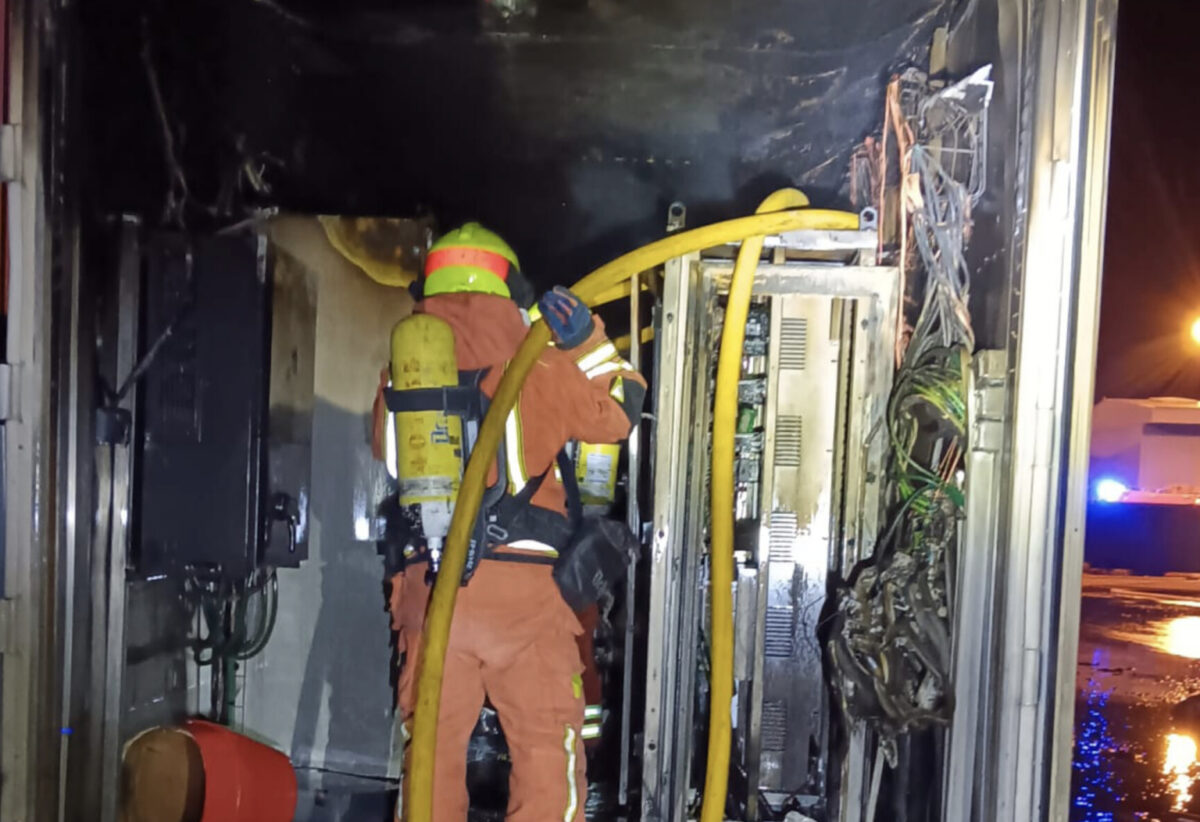
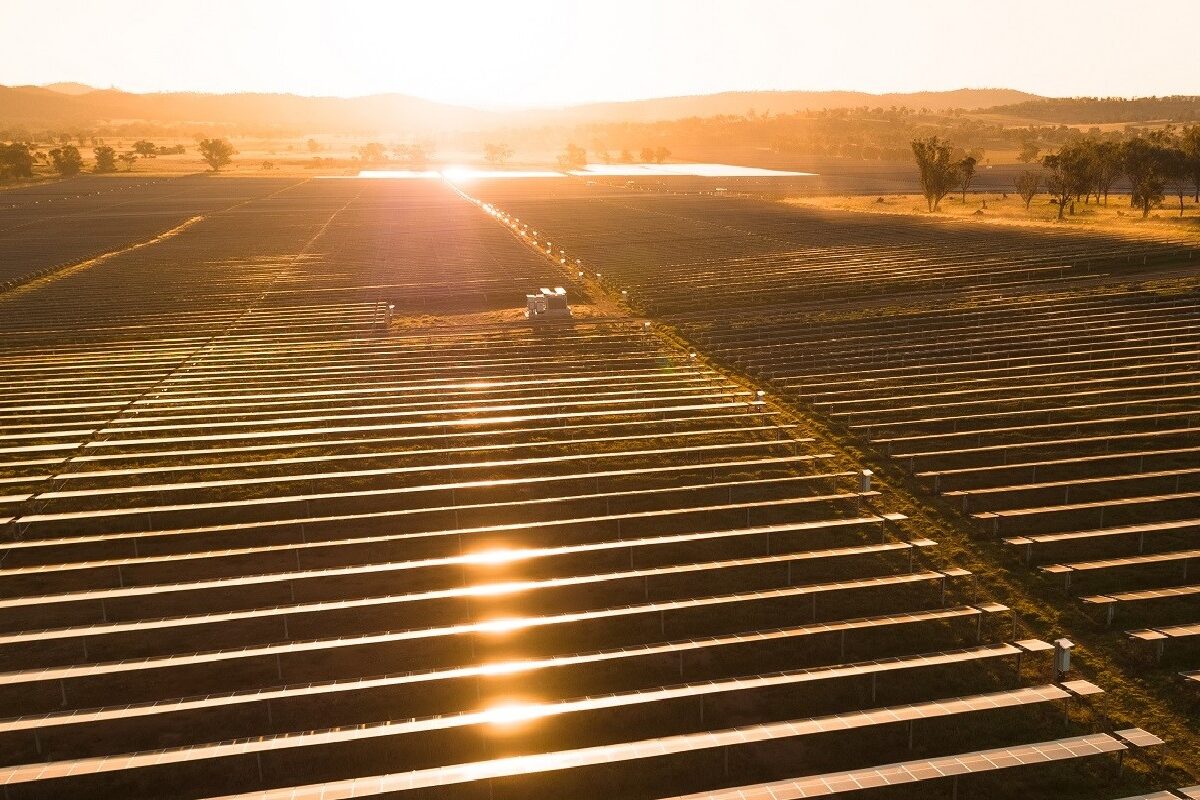




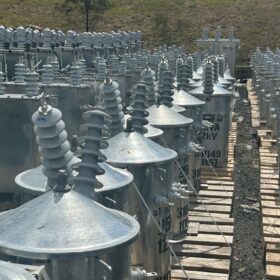
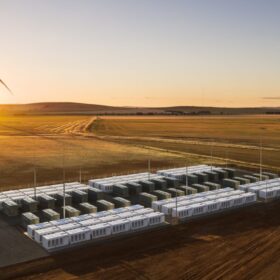
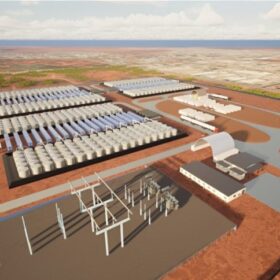
By submitting this form you agree to pv magazine using your data for the purposes of publishing your comment.
Your personal data will only be disclosed or otherwise transmitted to third parties for the purposes of spam filtering or if this is necessary for technical maintenance of the website. Any other transfer to third parties will not take place unless this is justified on the basis of applicable data protection regulations or if pv magazine is legally obliged to do so.
You may revoke this consent at any time with effect for the future, in which case your personal data will be deleted immediately. Otherwise, your data will be deleted if pv magazine has processed your request or the purpose of data storage is fulfilled.
Further information on data privacy can be found in our Data Protection Policy.